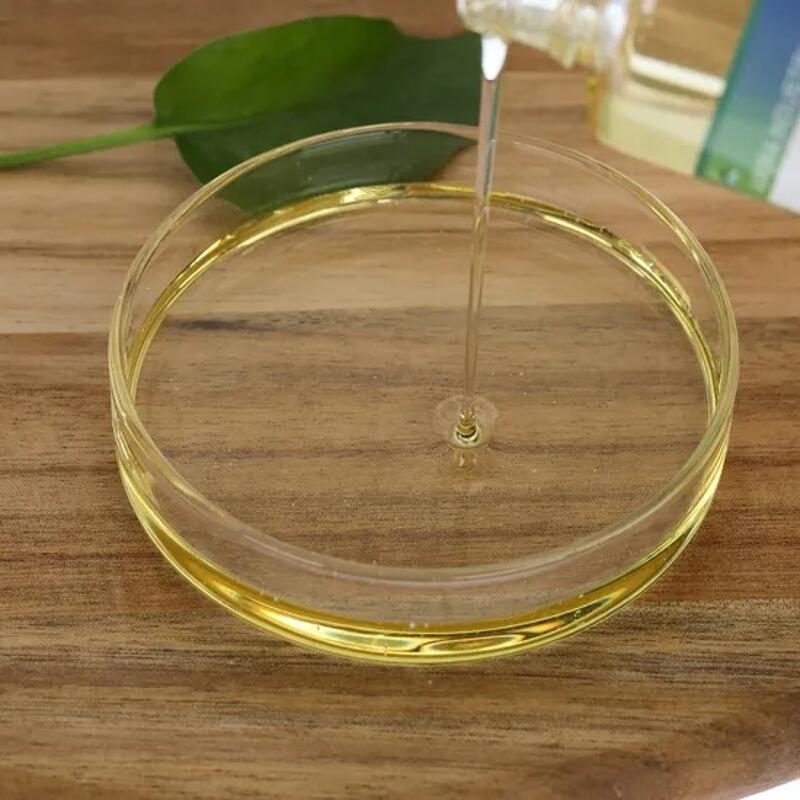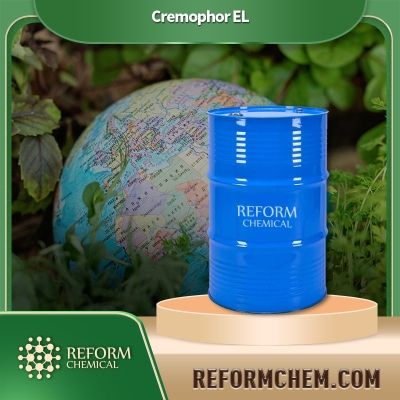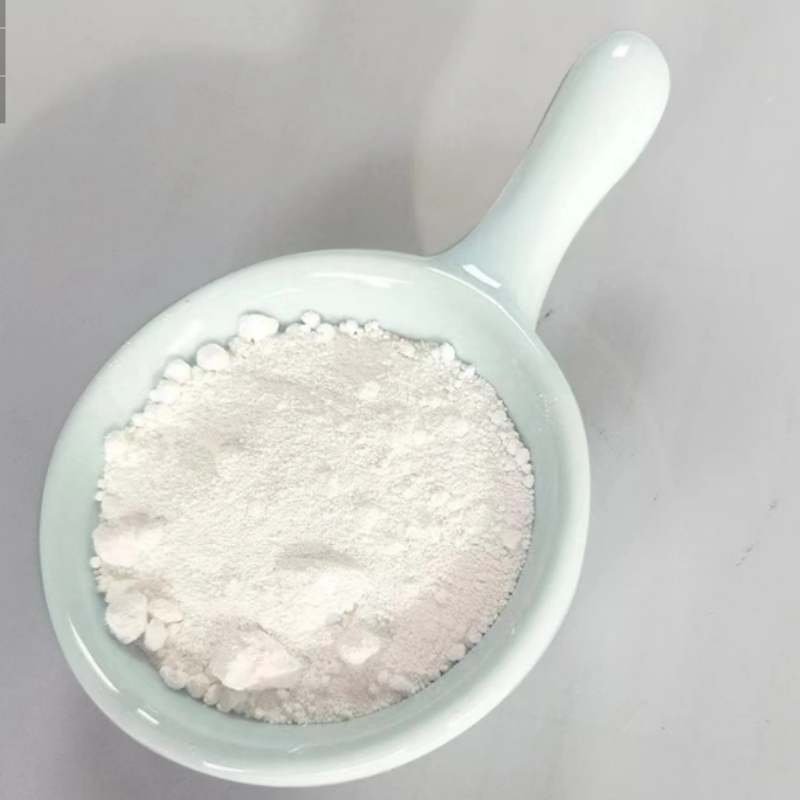-
Categories
-
Pharmaceutical Intermediates
-
Active Pharmaceutical Ingredients
-
Food Additives
- Industrial Coatings
- Agrochemicals
- Dyes and Pigments
- Surfactant
- Flavors and Fragrances
- Chemical Reagents
- Catalyst and Auxiliary
- Natural Products
- Inorganic Chemistry
-
Organic Chemistry
-
Biochemical Engineering
- Analytical Chemistry
-
Cosmetic Ingredient
- Water Treatment Chemical
-
Pharmaceutical Intermediates
Promotion
ECHEMI Mall
Wholesale
Weekly Price
Exhibition
News
-
Trade Service
Sodium caseinate is a widely used food additive and a popular ingredient in the dairy industry.
It is commonly used as a thickener, emulsifier, and stabilizer in various dairy products such as cheese, yogurt, and ice cream.
Sodium caseinate is also used as a food preservative and can help to improve the shelf life of various dairy products.
There are several methods for the synthesis of Sodium caseinate, which are broadly classified into natural and synthetic routes.
In this article, we will discuss the synthetic routes of Sodium caseinate in the chemical industry.
- Ammonolysis of Casein:
Ammonolysis is a commonly used method for the synthesis of Sodium caseinate.
In this process, casein is dissolved in a mixture of water and ammonia, and the solution is then subjected to heat treatment.
The heat treatment causes the casein molecules to break down into smaller peptides, which are then polymerized to form Sodium caseinate. - Acid Hydrolysis of Casein:
Acid hydrolysis is another method for the synthesis of Sodium caseinate.
In this process, casein is dissolved in a mixture of water and a strong acid, such as hydrochloric acid.
The solution is then subjected to heat treatment, which causes the casein molecules to break down into smaller peptides.
The peptides are then neutralized using a base, and the resulting solution is precipitated with Sodium chloride to form Sodium caseinate. - Enzymatic Hydrolysis of Casein:
Enzymatic hydrolysis is a highly efficient method for the synthesis of Sodium caseinate.
In this process, casein is dissolved in a mixture of water and a protease enzyme, such as pepsin or chymotrypsin.
The enzymes break down the casein molecules into smaller peptides, which are then polymerized to form Sodium caseinate.
This method is highly efficient and can produce high-quality Sodium caseinate with a high degree of purity. - Microbial Fermentation:
Microbial fermentation is a biotechnological method for the synthesis of Sodium caseinate.
In this process, a microorganism, such as Lactococcus lactis, is used to produce Sodium caseinate.
The microorganism is genetically engineered to express the casein gene, and the resulting peptides are polymerized to form Sodium caseinate.
This method is highly efficient and can produce large quantities of Sodium caseinate at a relatively low cost.
Advantages of Synthetic Routes of Sodium caseinate:
- Consistency: The synthetic routes of Sodium caseinate offer consistent quality and composition of the product, which is essential for the dairy industry.
- Large-scale production: The synthetic routes of Sodium caseinate can be scaled up to produce large quantities of the product, making it an economical option for the food industry.
- Purity: The synthetic routes of Sodium caseinate can produce high-quality Sodium caseinate with a high degree of purity, which is essential for food applications.
Disadvantages of Synthetic Routes of Sodium caseinate:
- Cost: The synthetic routes of Sodium caseinate can be more costly than natural methods, such as precipitation with calcium chloride.
- Environmental impact: The synthetic routes of Sodium caseinate require the use of harsh chemicals and can have a negative impact on the environment.
Overall, the synthetic routes of Sodium caseinate offer several advantages in terms of consistency, large-scale production, and purity.
However, the use of harsh chemicals and the potential environmental impact should be carefully considered.
As the demand for Sodium case







